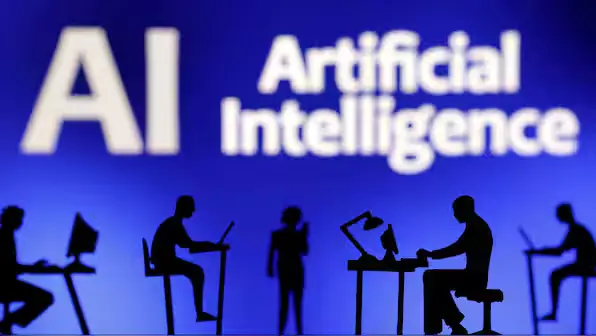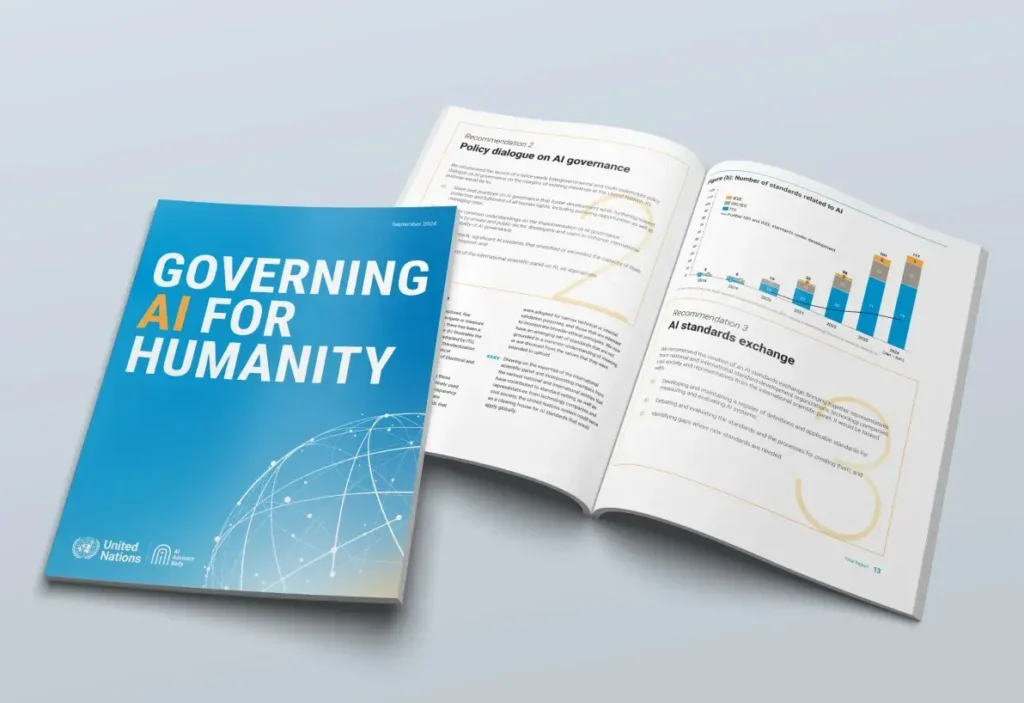Mandatory Labelling of AI-Generated Content Likely Soon After Industry Consultations: IT Secretary
The government is set to notify new rules on mandatory labelling of AI-generated content after completing extensive consultations with industry stakeholders, IT Secretary S Krishnan has said. Speaking to PTI, Krishnan noted that the industry has largely shown a responsible approach and has not strongly opposed the proposed move, recognising the rationale behind content labelling. According to him, most industry feedback has focused on seeking clarity around what degree of AI intervention should trigger labelling—particularly the distinction between substantive, material changes made using AI and routine technical enhancements that do not alter meaning or facts. Inputs received are currently being reviewed in consultation with other government ministries, and the final rules are expected to be announced shortly. Krishnan emphasised that the proposal does not impose restrictions or require registration with third parties, but simply asks platforms to clearly label AI-generated or synthetically modified content. He underlined that citizens have a fundamental right to know whether content is authentic or AI-generated. He explained that even minimal AI-driven changes—such as altering a few words—can significantly change context and meaning, whereas routine enhancements like camera optimisation on smartphones may only improve quality without affecting substance. While the government is open to accommodating reasonable industry concerns, excluding all forms of modification could be problematic, as even small AI edits can have major real-world impacts. The proposed amendments to the IT Rules, first floated in October, aim to curb the spread of deepfakes and misinformation by requiring platforms such as Facebook and YouTube to take greater responsibility for identifying and flagging synthetic content. The draft rules seek mandatory labelling, metadata embedding, and visibility markers for AI-generated or modified media, including visual identifiers covering at least 10 per cent of the screen or the initial 10 per cent of an audio clip. The IT Ministry has warned that deepfake audio, video, and other synthetic media can be weaponised to mislead the public, harm reputations, influence elections, and facilitate fraud, making clear labelling and accountability essential in the age of generative AI. Source: PTI




